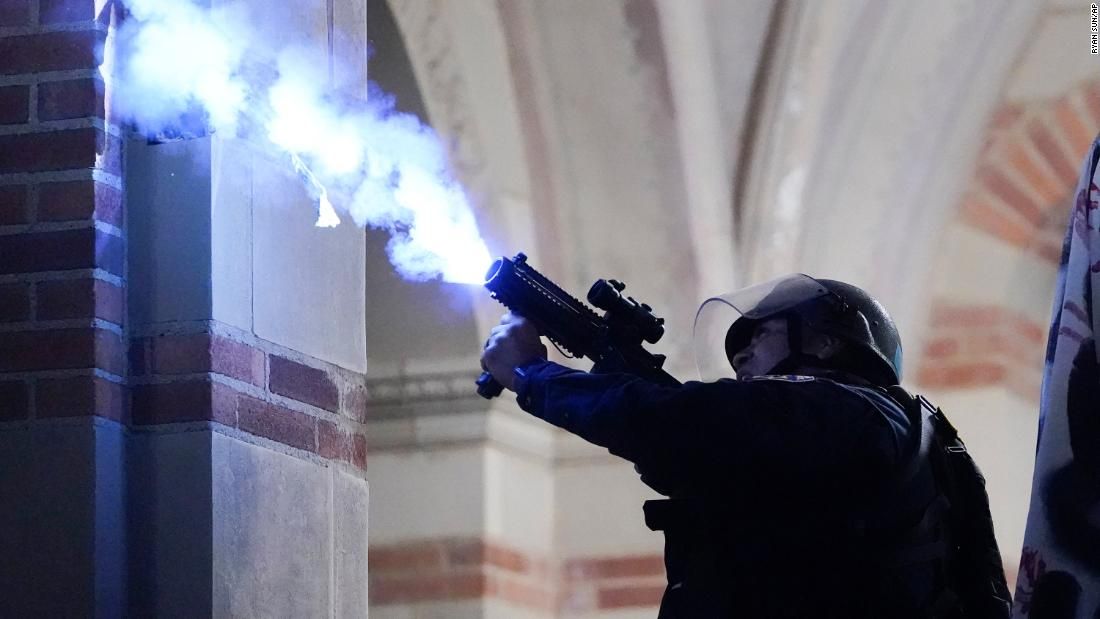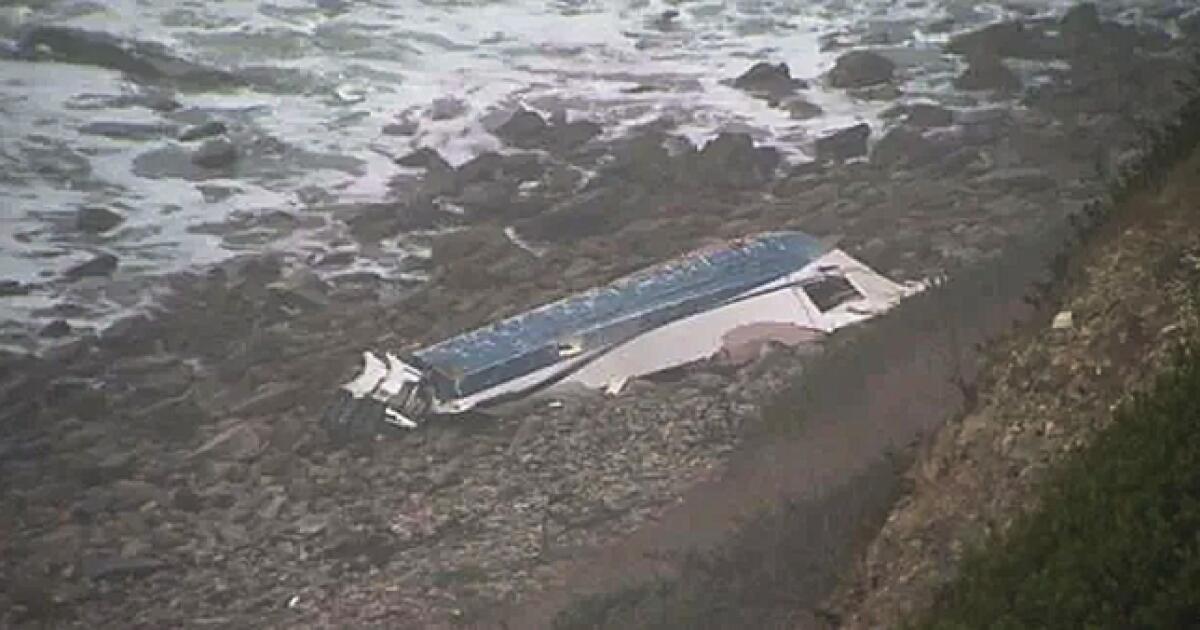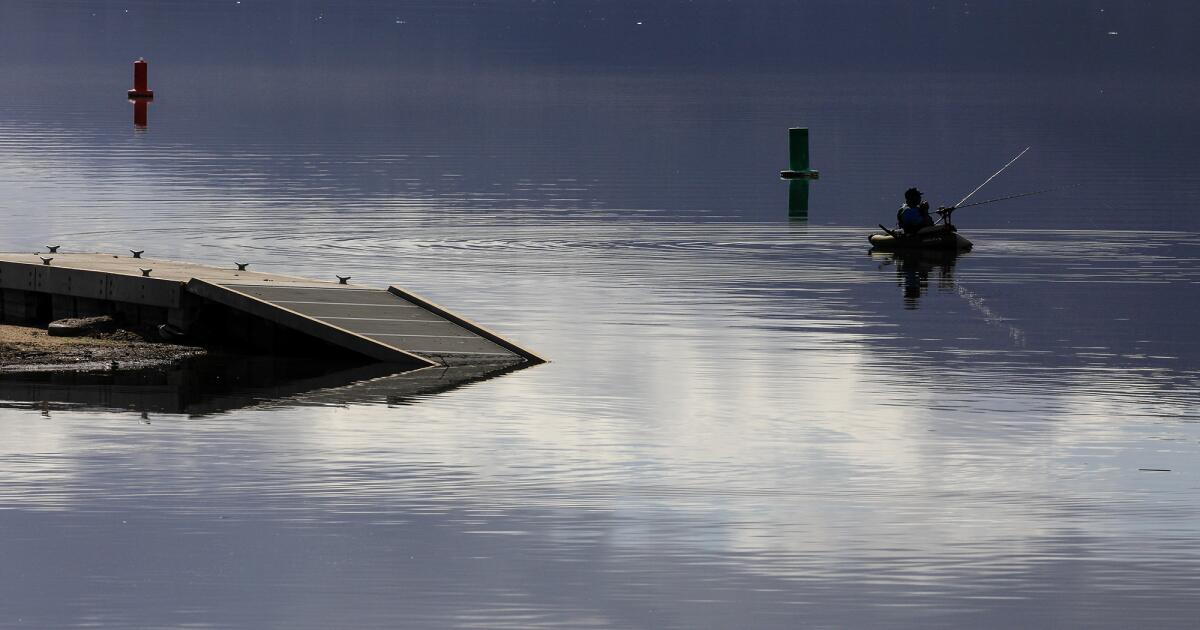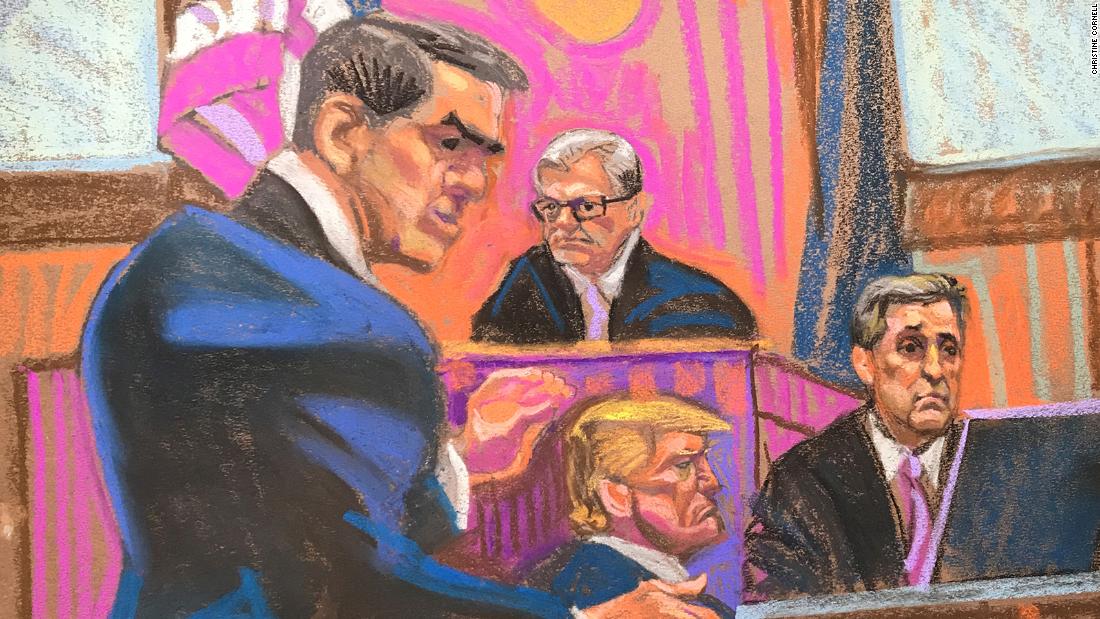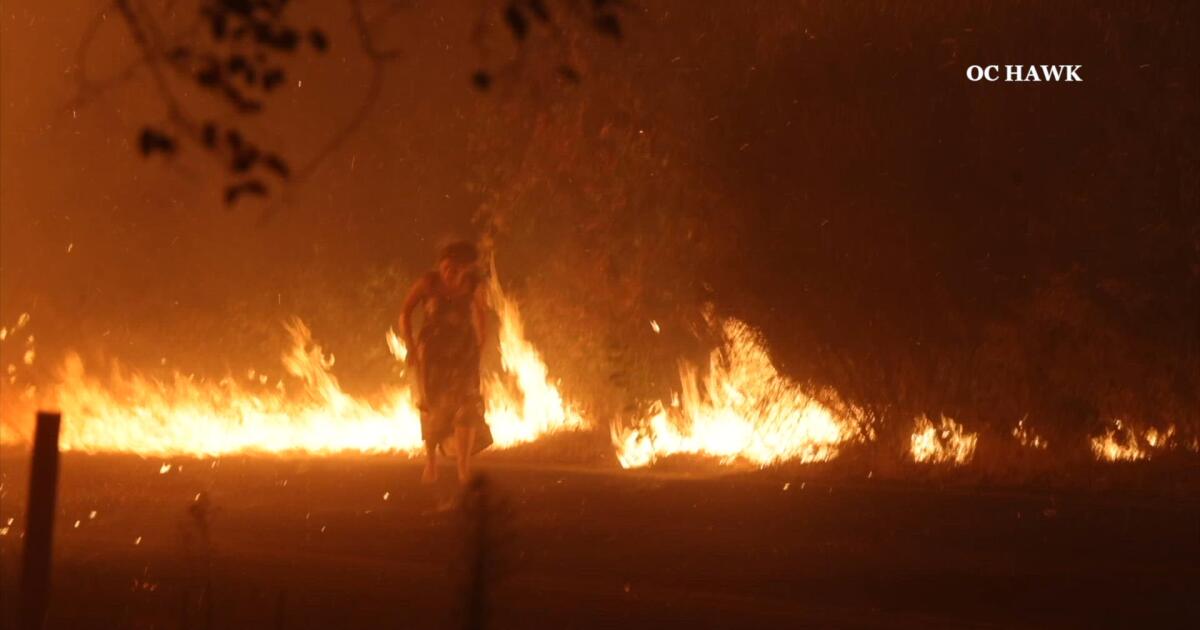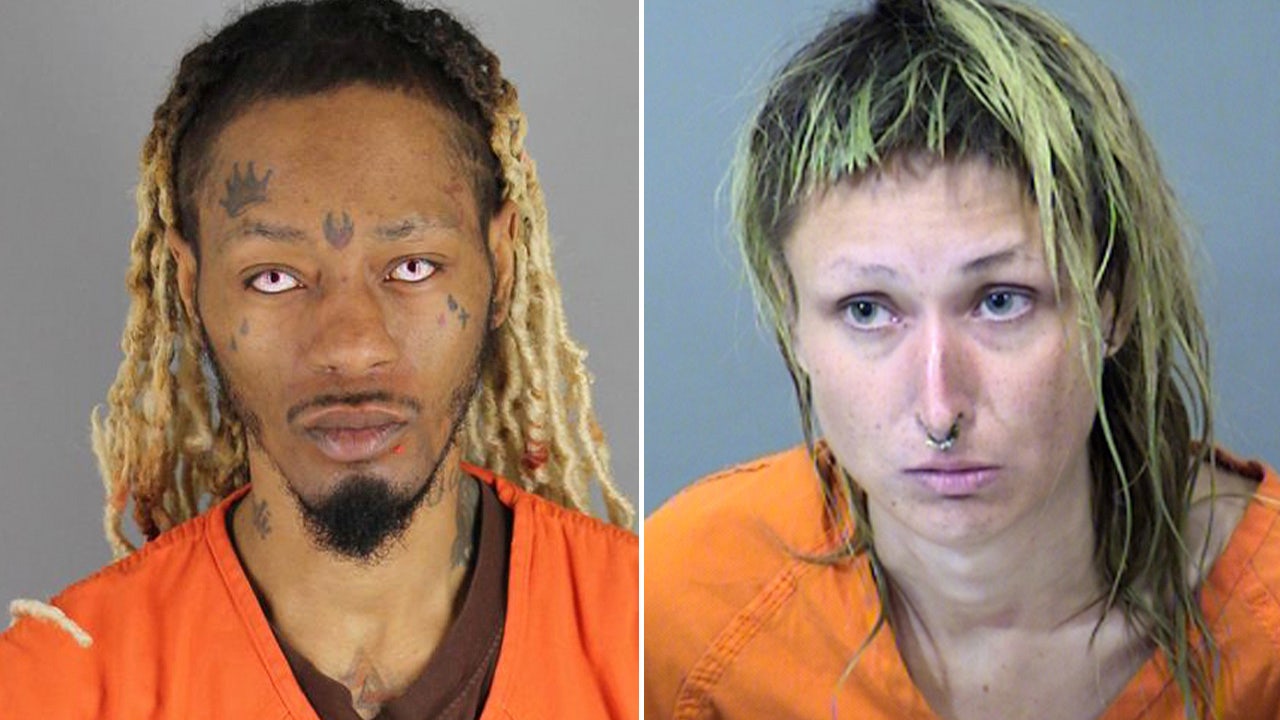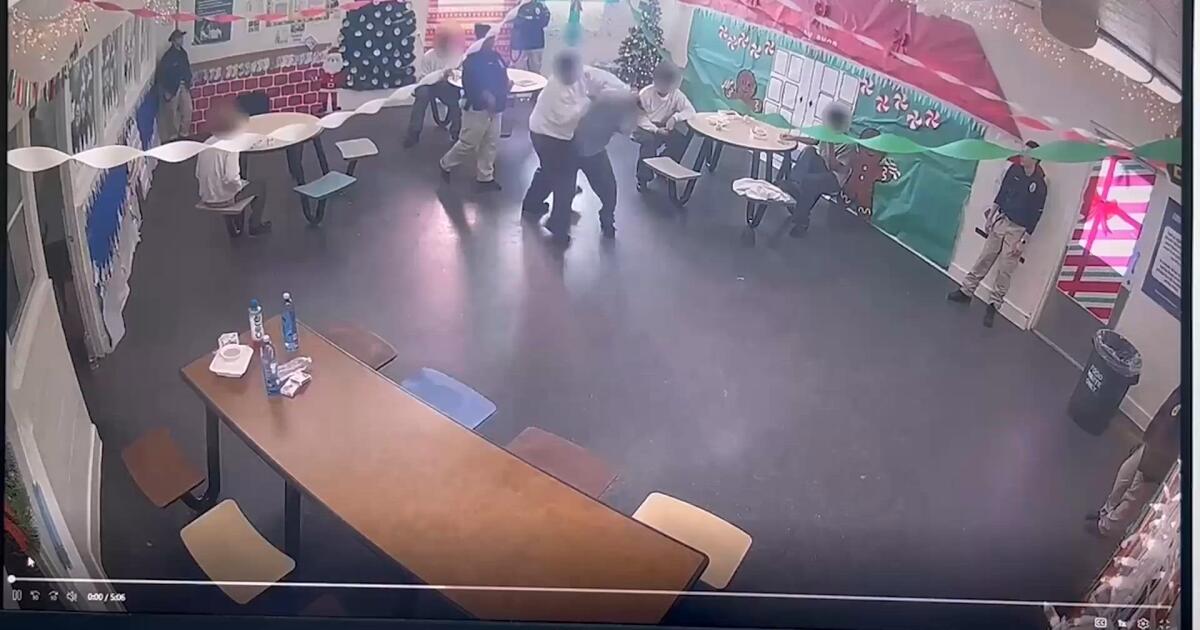The group of protesters who occupied Hamilton Hall on the Columbia University campus “crossed a new line,” President Minouche Shafik said. he said in a video message released on Friday X.
Shafik called the last two weeks on campus “some of the most difficult in Columbia's history.”
“The turmoil and tension, division and disruption have impacted the entire community,” Shafik said in the message, which lasted just over three minutes.
Columbia University students “paid an especially high price” as a result of the protests, he said.
“You lost your last days in classrooms and residence halls. Those of you who are seniors, you are finishing college the same way you started, online,” Shafik said.
The University tried several times to reach a resolution through dialogue, Shafik said.
“The academic leaders spoke to the students for eight days and eight nights,” he said. “(The) University made a good and sincere offer, but it was not accepted.”
While many of the protesters on campus were mostly peaceful and “cared deeply,” Shafik said the group that occupied Hamilton Hall “crossed a new line.”
Shafik called the occupation a “violent act” that affected the safety of the students.
“Each of us has a role to play in recovering the values of truth and civil discourse that polarization has severely damaged. Here in Columbia, parallel realities and parallel conversations have isolated us from other perspectives,” Shafik said.
Shafik said he was born in the Middle East “into a Muslim family with many Jewish and Christian friends.” Throughout his two decades of international work, Shafik said he has realized that “people can disagree and still make progress.”
“The problems that challenge us, the Israeli-Palestinian conflict, anti-Semitism and anti-Arab and anti-Muslim prejudices, have existed for a long time,” Shafik said. “And Columbia, despite being a remarkable institution, cannot solve them on its own.”
Shafik urged students to be an example of a better world, one in which people who disagree “do so in a civilized way.”
“We have a lot to do, but I am committed to working on it every day and with each of you to rebuild the community on our campus.”

